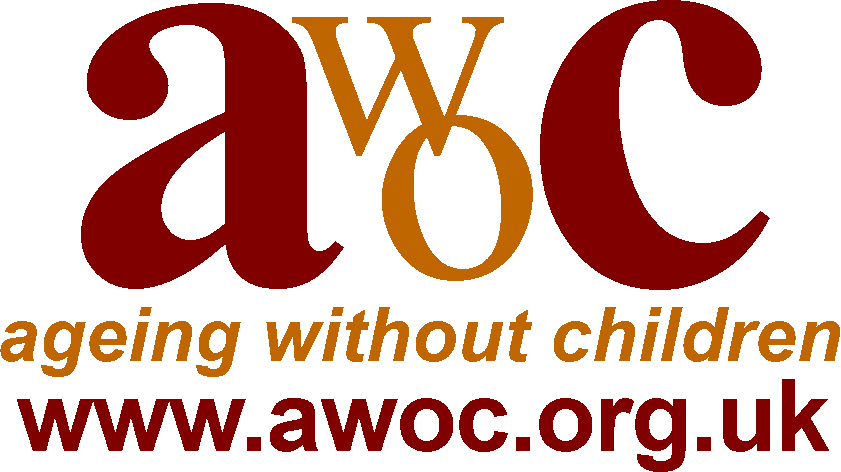WHEN OLDER PEOPLE HAVE NO CHILDREN WHO WILL HELP?
- Admin
- Mar 5
- 3 min read
One of the many things that makes ageing without children so difficult for people to engage with is that bluntly, thinking about it is hugely uncomfortable. There are many wonderful campaigners – Beth Britton http://d4dementia.blogspot.co.uk Nicci Gerrard and Julia Jones of Johns Campaign http://johnscampaign.org.uk , Gill Phillips http://nutshellcomms.co.uk to name only a few who have taken the poor experiences and treatment of their parents and used them to campaign to improve the experiences of all older people. As you read the stories of what happened to their parents and the things they had to do, it’s easy to empathise and think how you would feel if it were your parents going through the same thing. Its harder to start to think about, in detail, what happens to people with no one to fight for them
Last year my mother in law very sadly died of cancer at the age of only 64. What was thought to be just an isolated mini stroke turned out to be a side effect of stage 4 lung cancer which had already spread to her brain During the 4 months from diagnosis to her death 4 months later, I witnessed firsthand just how much my husband and his sister did to help. Going to the hospital when she was admitted via ambulance after having a mini stroke at the GPs surgery
Being with her when she was given her diagnosis (the hospital told her they wanted someone with her when she was told). Liaising with the ward staff, social services and the red cross about her discharge. Talking through treatment options with her. Making her wishes known to the hospital when she collapsed again and they wanted to carry out a number of invasive tests (she’d made it clear no more tests). Explaining to the ward staff that their mum didn’t know what a rapid response team was and therefore didn’t know if she’d been assessed by them. Feeding her as the cancer left her weak and unable to lift her arms. Going to get ward staff when the call bell went unanswered after 2/3 ring (they were completely over stretched). Moving her up the bed 2/# times an hour as she slid down unable to prop herself up. Going home to get her washing things, books and favourite possessions. Bringing a phone charger. Notifying other relatives and friends of what had happened and keeping them updated. Standing firm when the hospital wanted to discharge her to a residential home to receive palliative care as she had said she didn’t want that. Liaising with ward staff over a place in a hospice. Helping her plan her funeral. Buying a tangle teaser as her hair became increasingly knotted with laying in bed all day. Just being there – every day even if only for a few hours she knew she wasn’t alone and people cared.
After reading all that, tell me, who will be there to do that for people ageing without children?
All those things her children did for her, who will do them? It’s very difficult to think about people going through experiences like my mother in law with no one by their side but with already 1 million people over 65 who have never been parents and many others with family too far away or unable to help for other reasons, there are people going through it and there will be more as the demographic shift plays out.
We cannot have a 2 tier system where people with children to fight for them have a better experience than people who do not. We all know social care is under huge pressure, that the third sector is struggling to fund services, that advocacy is woefully under resourced, that the Government’s answer to the challenge of caring for older people when they need it is “family must do more”. We have to find a way, all of us working in the age sector to answer the question of “who will do the things children do when there are no children?”
